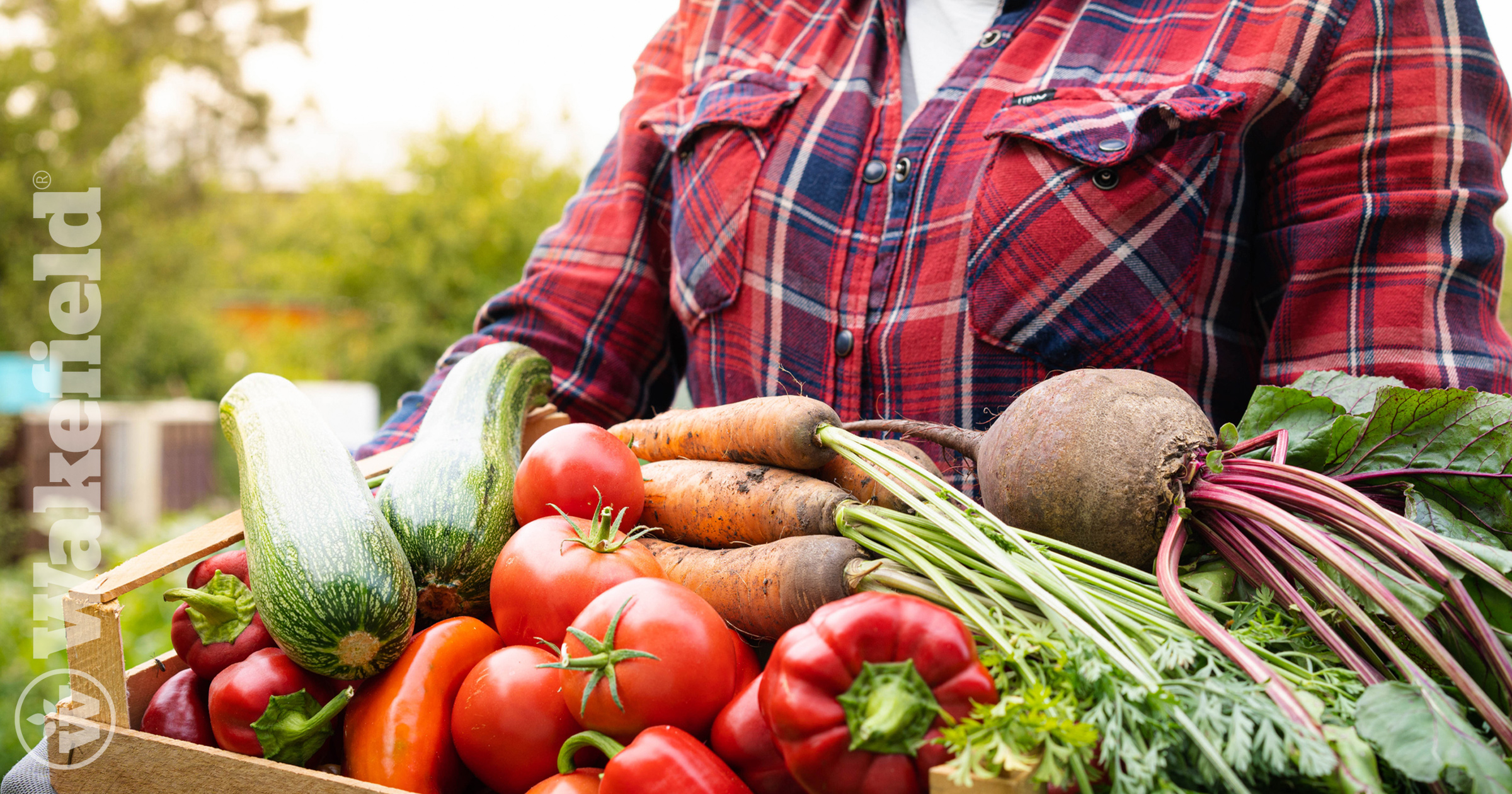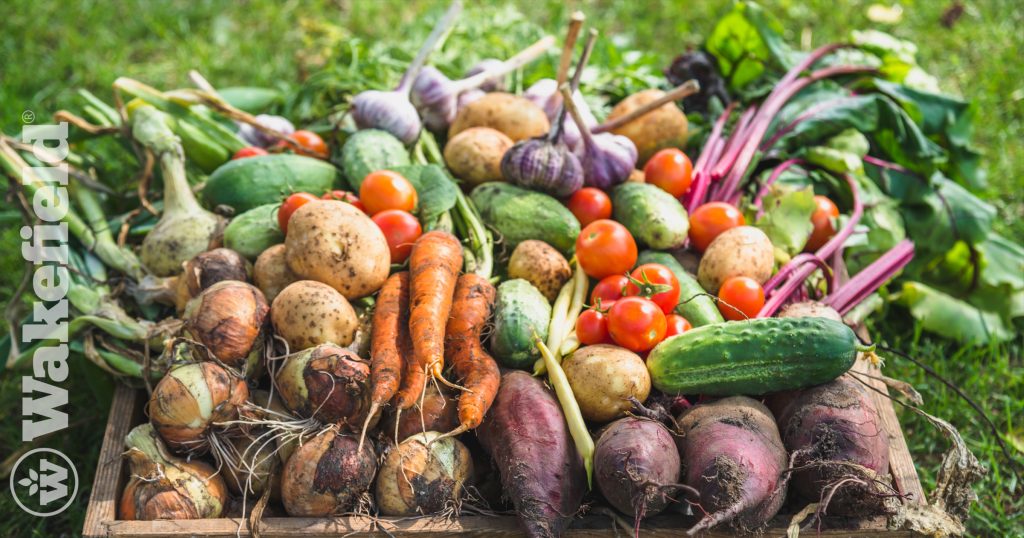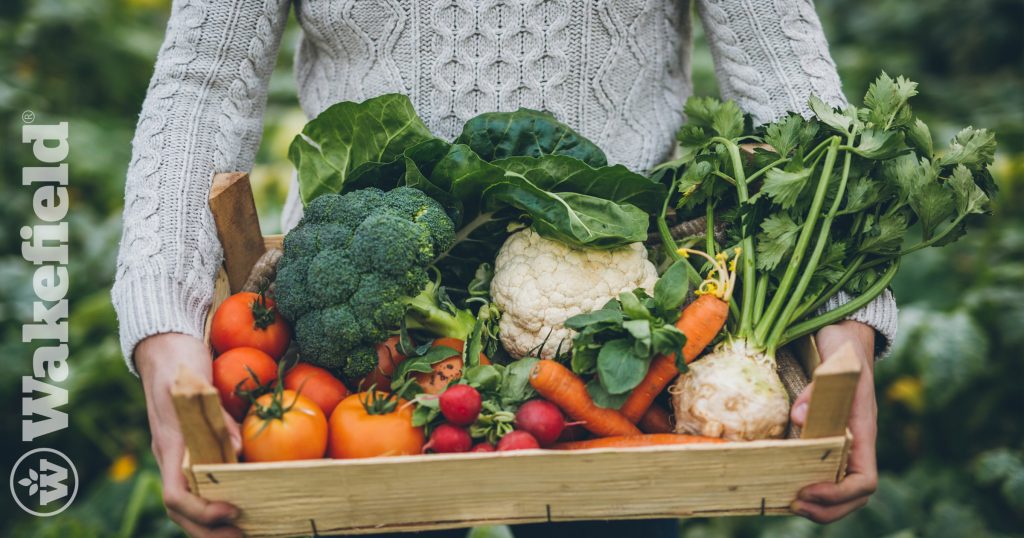How Biochar Improves Organic Matter

Boosting Organic Matter and Enhancing Soil Structure
Biochar boosts the soil’s nutrient retention capacity and reduces soil compaction. Organic matter in soil includes plant residues, microbial biomass, active organic matter known as detritus, and stable organic matter known as humus. When there is less organic matter, soil health declines.
Soil structure refers to how soil particles group around organic matter, forming aggregates. These aggregates have pores that help with water infiltration and storage. Compacted soils, which can resemble cement, lack these pores. Biochar reduces soil compaction and improves soil structure, which is especially beneficial in sandy soils where it can decrease bulk density by 40 percent.
Nutrient Retention and Promoting Microbial Activity
Biochar helps soil retain nutrients, making them more accessible to plant roots. It prevents nutrients like nitrogen and phosphorus from leaching away, keeping them in the soil where they belong. Biochar’s porous structure provides an excellent habitat for beneficial microorganisms and fungi. Just one gram of biochar has a surface area of more than 350 square meters, promoting a thriving microbial community. Using Wakefield BioChar’s compost and biochar with mycorrhizal fungi can speed up the formation of these beneficial colonies.
Reducing Erosion and Removing Heavy Metal Pollutants
Biochar helps improve soil structure, which reduces erosion. Studies show that biochar can reduce runoff by up to 25 percent and erosion by 16 percent. In contaminated soils, biochar can help remove heavy metal pollutants and other toxins, preventing them from leaching into your garden.
Carbon Sequestration and Reducing Greenhouse Gases
Biochar sequesters carbon in the soil, preventing it from decomposing into carbon dioxide, a major greenhouse gas. For every pound of biochar applied, two pounds of carbon dioxide are sequestered. This carbon stays in the soil for centuries, helping to combat climate change. Additionally, biochar reduces levels of other greenhouse gases, such as nitrous oxide.
Growing Organic Tomatoes with Biochar
If you love growing organic tomatoes, biochar can make a big difference. Tomatoes thrive in soil that retains nutrients and moisture, both of which biochar helps achieve. Adding biochar to your garden can lead to healthier plants and more bountiful harvests. Here’s how to do it:
- Prepare the Soil: Mix biochar into the top 4 to 6 inches of soil where you plan to plant your tomatoes.
- Water Thoroughly: After adding biochar, water the area sufficiently five to seven days before planting.
- Plant Your Tomatoes: Plant your tomato seedlings and continue to water regularly to keep the soil moist.
Learn More from Wakefield BioChar
By organizing your soil with biochar, you can enjoy healthier plants, increased crop yields, and a positive impact on the environment. Whether you’re growing tomatoes or maintaining a lush lawn, biochar is a natural choice for organic gardening.
Better soil. Better world. Happy organic gardening!







